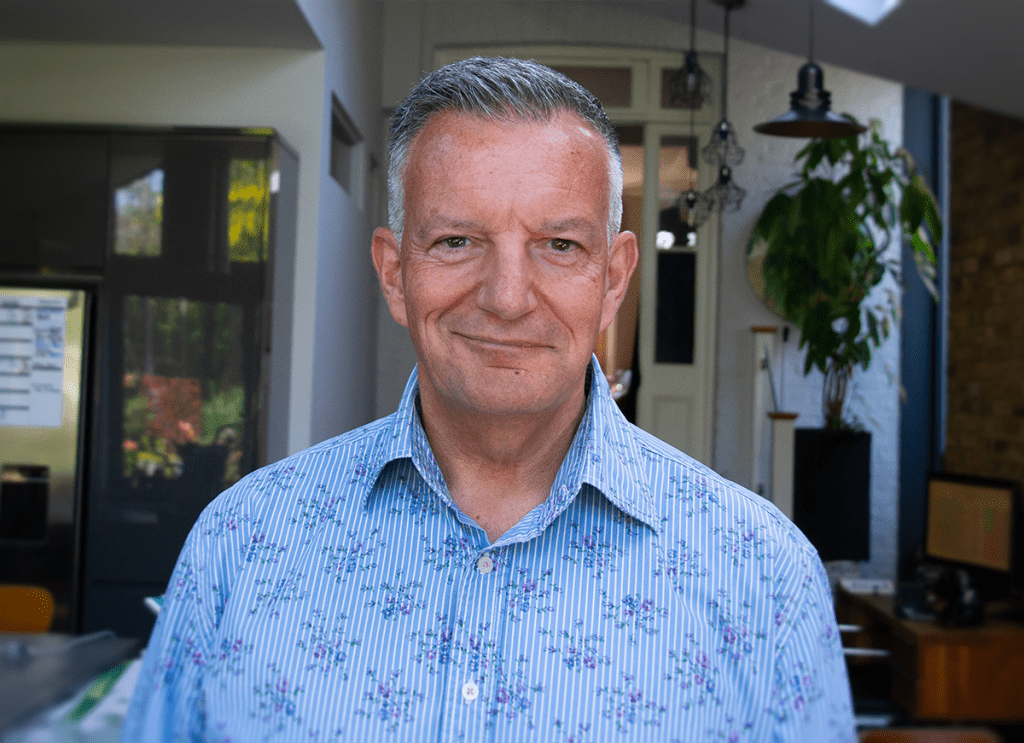I suppose the first thing to say is that ‘overcoming’ addiction is a bit of a reach. For me, it is ‘one day at a time,’ an ongoing daily process. But after ten years of sobriety, I’m delighted to say that the ‘beast in me’ (a Johnny Cash refrain) is a long way down the road behind me. Alcohol isn’t my go-to anymore, and I honestly can’t imagine a time when it might seem like a good idea.
As I write this, it does seem like a miracle. In the hierarchy of things I am grateful for, sobriety is number one. It’s the basis for all the good stuff I have in my life. A decade ago, sobriety wasn’t in the cards, that’s for sure.
Ways I recovered – treatments that worked for me
My ‘treatment pathway’ is a bit of a grandiose term for a series of attempts to manage what I eventually found to be unmanageable. I made a series of bargaining moves with myself—not to drink during the week, not to drink anything but wine, not to drink before 5 pm. All the bargaining positions were broken as things deteriorated until I was left with the reality, ‘I can’t stop this behavior. The hangovers are just too bad, the excuses too feeble.’
I tried to intellectualize the situation. If I could understand the dynamics, I could somehow think my way out of it. I tried to educate myself as best I could but to no avail.
My father, Bruce Boa, was an actor (Fawlty Towers, The Empire Strikes Back). I’d always had a rocky relationship with him, drunk or sober. He quit drinking when I was seven years old. He was a regular at AA, but to this day I don’t think he fully engaged with it. That meant I was jaded against AA. I didn’t want to admit I was like my father or that AA was a place for me. That was for him.
My first visits to AA confirmed that. I hadn’t lost my driving license, been in legal trouble, or gotten into fights. My marriage was still intact—all the excuses I needed to keep drinking. Eventually, I found a small (quietly secular) twelve-step group in Richmond, Surrey, England. That’s what got me sober—and kept me sober.
Clinical experience
As often happens with sobriety, I had time on my hands. I put some of that time to use, training as a psychotherapist at Regent University (still trying to understand the complexities of addiction, but this time sober). After graduating with my Masters, I went on to become a UKCP-accredited therapist (United Kingdom Council of Psychotherapy), specializing in, you guessed it, addiction.
Several recent scientific and cultural changes around addiction have shaped my experience. In the past few years, there’s been a tremendous amount of research on the neurology of addiction. The development of MRI scanners has led to a greater understanding of the brain’s dopamine reward pathways. This clinical knowledge has been communicated through superb authors such as Anna Lembke (Dopamine Nation).
Nonprofit organizations such as the National Association of Children of Alcoholics (NACOA) have raised awareness of addiction’s impact on parenting. Social media hosts a plethora of celebrity cultural ambassadors for addiction-focused nonprofits, and there are several excellent podcasts on the subject (including my own). Clients arrive at my door in similar ways to my own journey—well-informed but utterly unable to manage their addiction. Of course, the confusion and cognitive dissonance around this don’t help the situation.
Despite the changes in the treatment and understanding of addiction, there are ‘staple’ questions that always seem to get asked by clients and the media. Is addiction a disease with a genetic basis? Is it the result of an acute childhood trauma? What about behavioral addictions such as compulsive gambling, gaming, and pornography? What is the place of God or a higher power in the recovery process? And the most common of all: Can I ever drink again?
Things I advise clients on that work for them
What I find fascinating about addiction is the incredible variety of personalities of people caught in its grip and the remarkable similarities in their experiences. Addiction is truly ‘democratic’ in the ways it affects people, from C-Suite executives in New York to taxi drivers in Mumbai.
One starting point for clients is their motivation for seeing me. Does the client really want to stop, or are other parties behind the decision? And is the client still drinking or intending to drink during our relationship?
When clients ask these questions, I can answer them directly or challenge some of the concerns behind them. The connections clients make can be surprisingly simple: I didn’t know alcohol withdrawal causes many of the symptoms of anxiety.
I often begin treatment by asking exploratory questions such as ‘What do you feel led to the situation you find yourself in?’ And what lies behind that? If the addiction is an adaptive response to a past experience, what purpose does it serve? What attempts have been made to control consumption, and with what success? It’s a cliché, but exploring these ideas in therapy with a third party can ‘unburden’ clients.
As time goes on, clients come to realize they’ll find out what made them drink simply by stopping drinking. Sobriety isn’t about not drinking per se but an alternative approach to life and pursuit of meaning.
Looking to the future
Over twenty years ago I founded a video and animation agency, Synima, to produce (among many other things) healthcare communications. I’m pretty sure that with the arrival of AI, the cost of animation production will drop, enabling the dissemination of peer-reviewed mental health content that can be dispersed across social media in every language. The opposite of addiction is connection. I currently play a part in helping businesses, charitable organizations, and online forums create content to support people who struggle with addiction by producing free animations that can reach people globally at a time of their choosing.
About the Author: Quint Boa, a UKCP-qualified psychotherapist, is passionate about finding new and effective ways to treat addiction and compulsion. He views substance use as often being a symptom of deeper struggles and focuses on uncovering the underlying dynamics that enable true healing and forward movement.
As the Founder of Synima, a global video and animation agency specializing in healthcare, Quint brings a unique perspective to this work. Over the years, he has had the privilege of helping individuals tell their stories and supporting healthcare organizations in crafting impactful visual narratives that inspire change.
By combining his expertise in psychotherapy with his skills in animation, Quint offers a fresh, innovative approach to addiction and mental health—helping individuals and organizations discover new paths toward growth and understanding.
Photo by Christian Buehner on Unsplash
The opinions and views expressed in any guest blog post do not necessarily reflect those of www.rtor.org or its sponsor, Laurel House, Inc. The author and www.rtor.org have no affiliations with any products or services mentioned in the article or linked to therein. Guest Authors may have affiliations to products mentioned or linked to in their author bios.
Recommended for You
- When the World’s Pain Becomes Your Own: Understanding Secondary Traumatic Stress - February 17, 2026
- How to Keep Love Alive: The Balance Between Romance and Routine - February 12, 2026
- The Power of Peer Support: How Young Adults Navigate Mental Health Recovery Together - February 9, 2026







